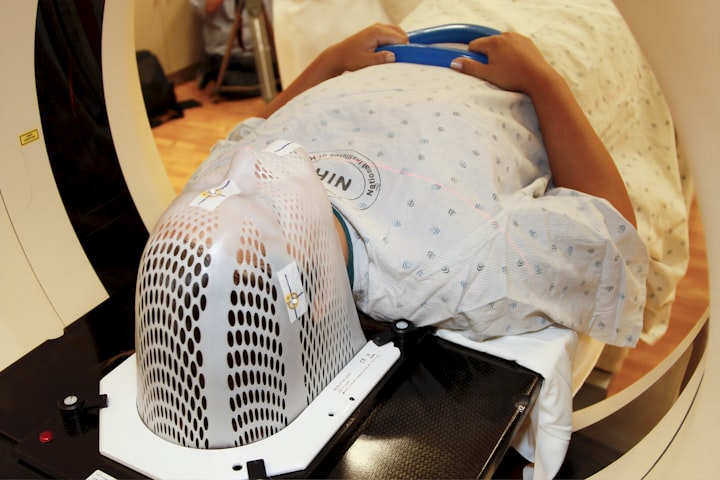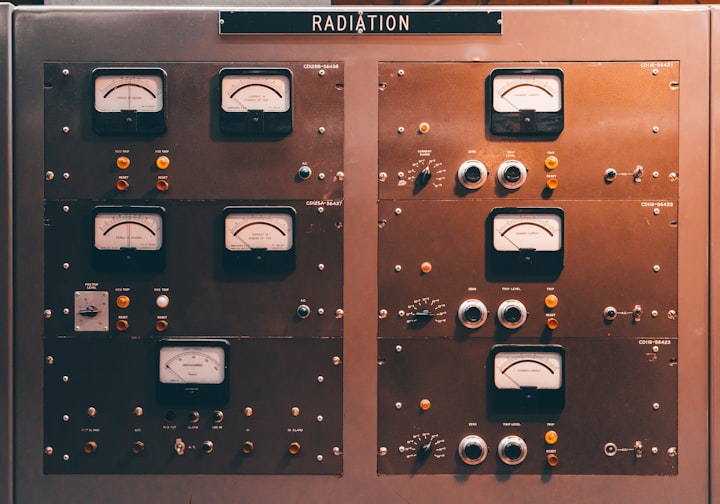Everything You Need to know about Cancer and Typhoid
BASICS ABOUT CANCER AND TYPHO

Cancer:
Hippocrate was the first who gave the word karkinos or cancer diseases. Later karkinos word change in to carcinomes which means cancer in the epithelial tissue. Cancer is non communicable but most dangerous diseases after AIDS. Cancer is mainly two types;
1.Benign cancer:
It is not dangerous cancer in which cells grows within limited area by connective tissue. At the place of growth may or may not have pain. In this type cell never migrate from one organ to the next. It is not fetal.
2.Malignant cancer :
Malignant cancer is commonly called as true cancer which also called tumor. On the basis of the site, cancer can be classified in to following types;
A.Carcinomas cancer: Cancer in epithelial tissue.
B.Leucomias Cancer: Blood cancer.
C.Sarcomas cancer: Cancer in the bone muscles etc.
D.lymphomas cancer: cancer in the lymph nodes or vessels.
Symptoms:
Early symptoms can hardly seen because primary stage of cancer do not exposes serious symptoms. Major symptoms are appears in secondary stages.
The symptoms shown by secondary stage of cancer
a.Blood cancer:
Body temperature raises, swelling of body, body looks pale coloured, Similarly anaemia disease, no of RBCs reduce, etc.
b.Abdominal cancer:
Appearances of malignant tumor, gastro intestinal problem, nausea, vomiting, dysentery, diarrhea etc.
c.Lungs cancer:
Development of chest pain, coughing, Nagging or dry, development of fine pores in the lungs, lungs alveoli gradually filled with body lymph etc.
d.Brain cancer:
Mental retardness, slow body growth, abnormal size of the head, facial paralysis, check body movement or locomotion, etc.
Causative agent:
Till now, there is no such exact fact which causes cancer in the various organs of the body. There are many factors which causes are;
1.Smoking
2.Chewing of tobacco.
3.Physical Irritations or Injuries.
4.chemicals.
5.Ultraviolet Rays.
6.Viruses
7.Oncogenes.
Symptoms of cancer;
1.Any thickening or lump in the breast or elsewhere.
2.Any change in a mole or wart.
3.Any wound that does not heal.
4.Unusual bleeding or discharge.
5.Persistant cough or hoarseness.
6.Any change in normal bowel habits.
Diagnosis:
Cancer can be confirmed on the basis of certain pathological examinations. These include biopsy, microscopic examination of body fluids, Blood studies and x-ray.
Preventive measures:
1.To give up smoking and chewing tobacco as theses increase the changes of cancer.
2.To protect the body from excessive exposure of x-rays, ultra-violet rays, sunlight, etc.
3.To be aware of possible dangerous symptoms mentioned above.
4.To have regular medical checkup after age of forty.
Treatment:
The treatment of cancer varies according to the nature of cancer. The common weapons used to fight cancer are surgery, radiotherapy and chemotherapy.
Typhoid
It is one of the communicable disease and commonly called Enteric fever or Salient fever.
Symptoms:
At the beginning slow fever follow higher fever, headache, sweating, chill fever, nausea, gastro intestinal problems, slight abdominal pain, diarrhea, heart beat raises, number of WBCs reduces about 3000 per cubic mm, swelling of liver, spleen, loss of appetite, body weight loss and at the chronic stage blood may comes out in the stool shows ulceration in the intestine etc.
Causative agent:
The main causes of the Enteric fever is due to bacillus called salmonella of enterobacterioceae group. Salmonella constitute species;
S.paratyphi
S.typhi
S.enteridis
S.typhimurium
Shape and size: cylindrical or thread like, 3-4 µm. Salmonella in patient blood can be easily identify by culturing blood to 24-48hrs.
Typhoid is also commonly called water borne disease because bacteria transmit very fastly through water media or any other contaminated foods.
Control Measures:
1.Patient must be isolate from other family members.
2.Patient belongings should sterilized well the direct sunlight for 4-6hrs.
3.Patient belongings can be treat by 1% phenol solution or dettol solution.
4.Patient urination and solid waste should be disposed scientifically.
5.Live in most hygienic way is the best control method.
Treatment:
The conformed typhoid should be checked by physician and medicines are given according to the advised of physician.
a.Cetamol
b.antibiotics as ciprofloxacin
c.chlorophenical
About the Creator
Sumesh Bhaila
The main purpose of my writing is to motivate you people to do something that can help you achieve your big goals and dreams whatever they may be...
Please like & share it and also support me by leaving a tip.





Comments
There are no comments for this story
Be the first to respond and start the conversation.